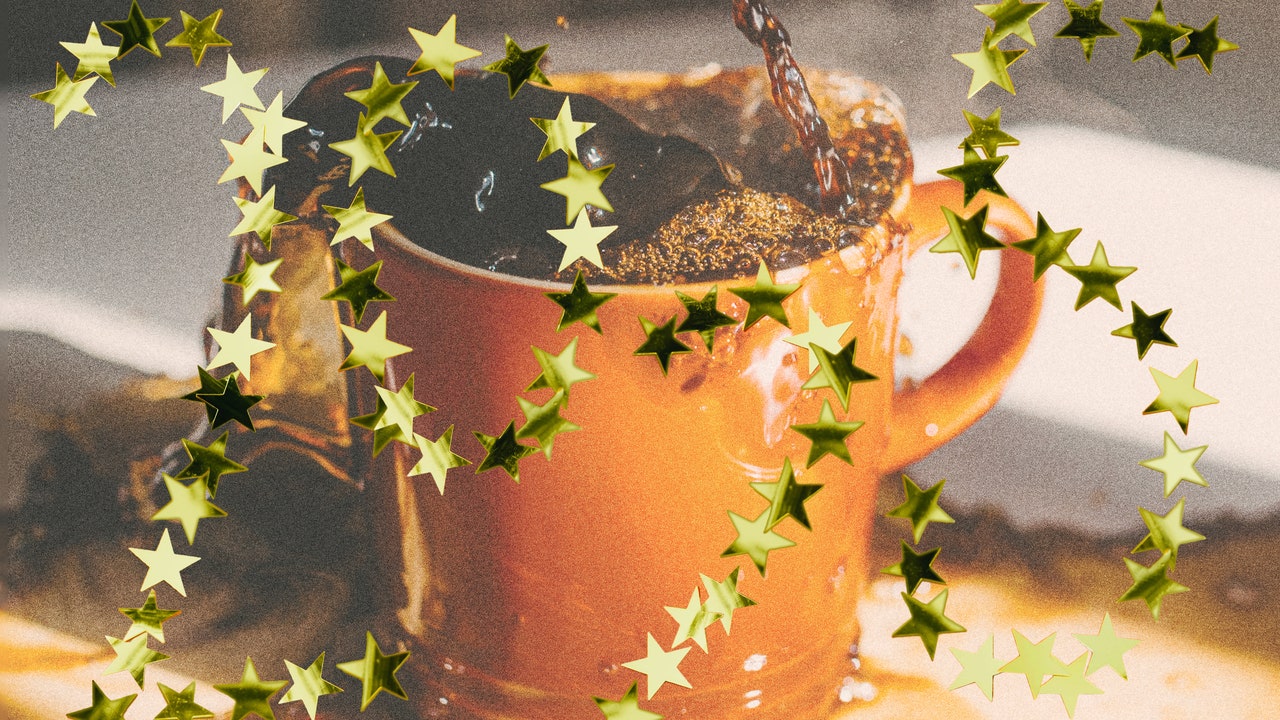This month, GQ is asking men to share their counterintuitive wellness resolutions for 2025. Find all of the stories here.
One afternoon at the office a couple weeks ago, I found myself crashing. I felt tired and in the wind. This isn’t a weird situation for anyone who works for a living, but it stuck out to me because I spend my professional time researching and writing about health, and have dialed in my own habits in a faintly conscious, post-Andrew Huberman mold. I have decent sleep hygiene, lift weights, get my steps in, eat tripe, and get sun in, even in winter. Shouldn’t I be the last person yawning?
And so, thinking of some Chad science a trainer once told me—that how you feel during the day is a result of what you did the past three days—I performed a sober accounting. Over the previous half week I slept and ate well, moved enough, did not undergo too brutal a workout, and got enough light and nutrients. The only thing I had not dialed in? Coffee. I only drank a Moka that day and had hardly any over the preceding three. And so this year I’m resolving to drink a lot more.
Drinking more coffee may seem like a counterintuitive resolution—maybe even a troll. We rarely do more of anything in the new year, and the habits we go after tend to be prescriptive, almost moral. Fewer fried foods, less time on the couch, no alcohol, delicious pudding only on Fridays. And the positive health resolutions center on habits with which no one can argue: drinking more water or eating more whole foods. But few resolve to get more jacked up on caffeine.
But what if … more is good? Years ago, coffee took a hit in studies as some researchers, using sample groups heavy with smokers, linked it to heart disease and asthma. But the balance tilted back in the decades that followed. Drinking up to five cups a day has been linked by a Harvard researcher to a lower likelihood of type 2 diabetes, heart disease, and a couple different cancers. Outside the ivory tower, coffee—not caffeine pills or gas station energy drinks, but brown beans brewed in some water—has been a dietary constant in countless cultures for well over a millenia. Is coffee the problem? Or have people, this past century, been drinking it the wrong way?
Modernity might be a factor here. As dark nutrition ideas and old-school foods have begun to recontextualize how we think about health, several major lifestyle influencers have begun questioning the habits behind our cups. For these folks—the not-yet post-Huberman wave—there is a scientific argument for improving one’s sleep by consuming coffee during fewer hours of the day. Delaying your mud in the morning and letting other things wake you up sets you on the path to having more energy throughout the workday. (Since caffeine doesn’t actually give us energy but only feels like it does by blocking our adenosine receptors, it shouldn’t be the only thing that gets us going.) That’s why it seems like every health-conscious person is now delaying their first cup until 90 minutes into the day and drinking lemon water, “grounding” or “earthing” outside, walking, and avoiding their phones before that.

